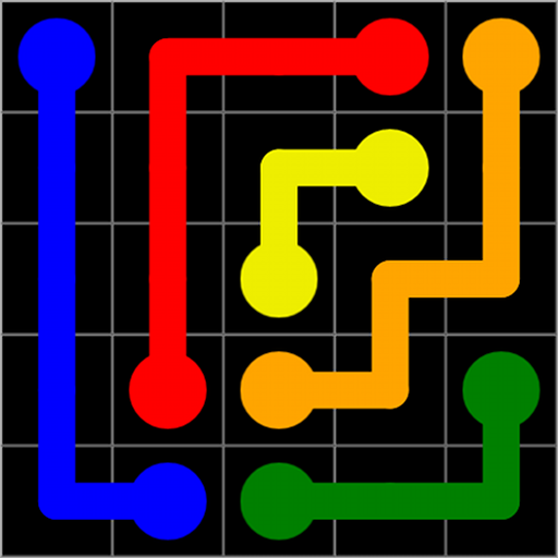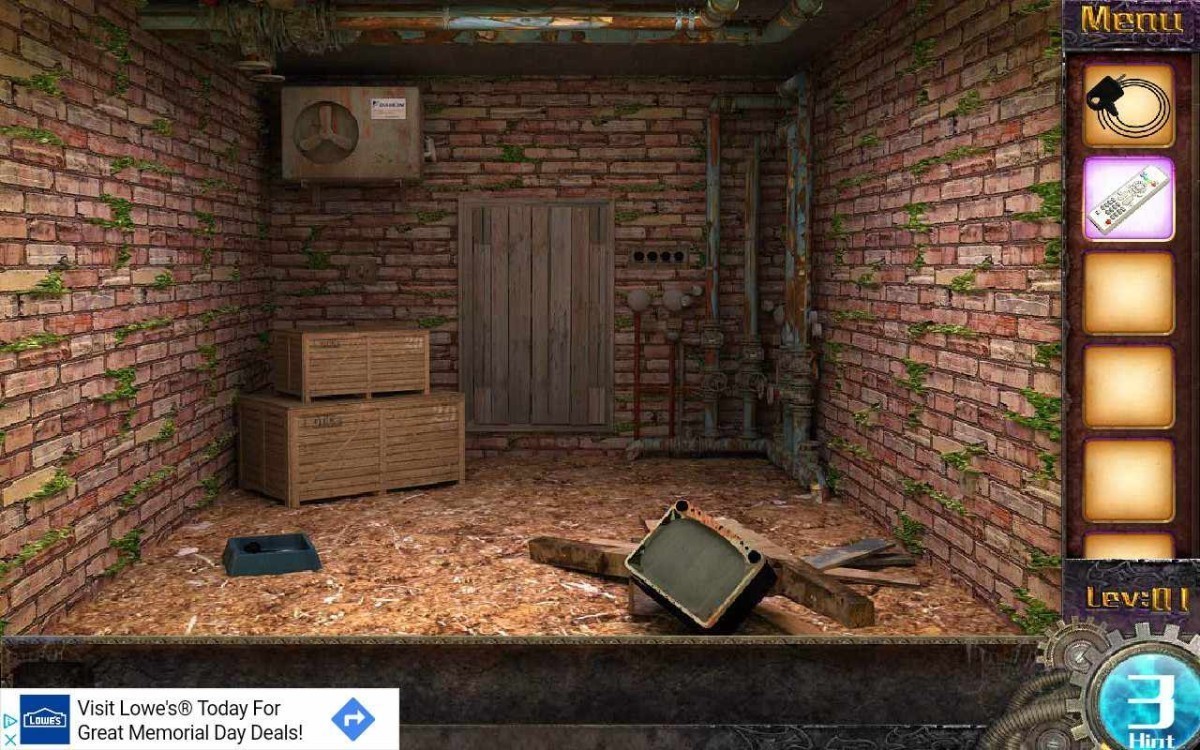Puzzle Solutions: Solving Tricky Challenges and Brain Teasers in Games
Puzzles and brain teasers are integral to many games, offering players an opportunity to test their problem-solving skills and enjoy a mental challenge. Whether you’re stuck on a tricky level or simply looking to sharpen your puzzle-solving abilities, this guide will walk you through strategies and tips to tackle some of the most common and challenging puzzles in games. From logic puzzles to pattern recognition, these solutions will help you navigate through complex challenges and enhance your gaming experience.



Understanding Common Puzzle Types
Logic Puzzles
Logic puzzles require deductive reasoning to solve. Examples include Sudoku, where players fill a grid with numbers so that each column, row, and region contains each number exactly once, and logic grid puzzles, where players use clues to determine relationships between different elements.
Pattern Recognition
Pattern recognition puzzles involve identifying sequences or patterns to complete a task. These can include number sequences, jigsaw puzzles, or spatial puzzles where players must match shapes and colors.
Riddles and Word Puzzles
Riddles and word puzzles often rely on linguistic skills and lateral thinking. Examples include crosswords, where players fill in words based on clues, and anagrams, where players rearrange letters to form new words.
General Strategies for Solving Puzzles
Break It Down
When faced with a complex puzzle, break it down into smaller, more manageable parts. For example, in a Sudoku puzzle, start by focusing on one number and filling it in wherever it fits, then gradually work on other numbers.
Look for Patterns
Identifying patterns is crucial in many puzzles. For number sequences, try to identify the difference between numbers or the type of progression used (e.g., arithmetic or geometric). In jigsaw puzzles, look for edge pieces and color patterns that help piece together the bigger picture.
Use Process of Elimination
Eliminating incorrect options can help narrow down choices. For example, in a logic grid puzzle, if you know that a certain person cannot be paired with a particular item, cross out those possibilities to simplify the problem.
Take Breaks
Sometimes stepping away from a puzzle can provide a fresh perspective. If you’re stuck, take a short break and return with a clear mind. This can help you see solutions you might have missed before.
Solving Specific Puzzle Types
Sudoku
-
Start with the Obvious: Fill in numbers that are immediately obvious based on existing numbers in the grid.
-
Use Pencil Marks: Write down possible numbers for empty cells to visualize options and narrow down choices.
-
Focus on Rows, Columns, and Regions: Ensure that each number 1-9 appears exactly once in each row, column, and 3x3 region.
Logic Grid Puzzles
-
Use a Grid: Create a grid to track relationships and possibilities between different elements.
-
Follow Clues Carefully: Each clue narrows down options. Mark off what you know and cross-reference with other clues.
-
Work Systematically: Solve the easiest clues first to fill in as much of the grid as possible.
Crossword Puzzles
-
Start with Easy Clues: Fill in answers you know for sure. This helps provide letters for intersecting clues.
-
Use Word Lengths: The number of spaces for each answer can help narrow down possibilities.
-
Think About Themes: Many crosswords have themes or patterns that can provide hints for solving other clues.
Jigsaw Puzzles
-
Sort Pieces: Organize pieces by edges, colors, or patterns.
-
Start with the Edges: Assemble the border pieces first to create the framework.
-
Work on Small Sections: Focus on completing small areas based on colors and patterns before connecting them.
Advanced Techniques and Tools
Online Tools
There are various online tools and apps designed to help with puzzles. Sudoku solvers, crossword helpers, and pattern recognition apps can assist in finding solutions and providing hints.
Puzzle-Solving Communities
Joining forums or online communities can be a valuable resource. Fellow puzzle enthusiasts can offer tips, share solutions, and provide support for particularly challenging puzzles.
Puzzle Books and Resources
Books and resources dedicated to puzzles offer practice and strategies for solving different types. They can provide additional techniques and challenges to improve your skills.
Applying Puzzle-Solving Skills
Critical Thinking
Puzzles enhance critical thinking and problem-solving skills, which are valuable in many areas of life. Applying logical reasoning, pattern recognition, and strategic planning can help tackle real-world problems.
Patience and Persistence
Working through puzzles teaches patience and persistence. These qualities are essential for overcoming obstacles and achieving goals in various aspects of life.
Enjoyment and Relaxation
Puzzles can be a fun and relaxing activity, providing a sense of accomplishment when solved. They offer a great way to unwind and engage in a mentally stimulating hobby.

Solving puzzles and brain teasers is not just about finding the correct answer but also about enjoying the process of problem-solving. By understanding common puzzle types, using effective strategies, and applying advanced techniques, you can enhance your puzzle-solving skills and tackle even the most challenging puzzles with confidence. Whether you’re a casual gamer or a dedicated puzzle enthusiast, these insights will help you navigate the world of puzzles and enjoy the satisfaction of overcoming tricky challenges.












